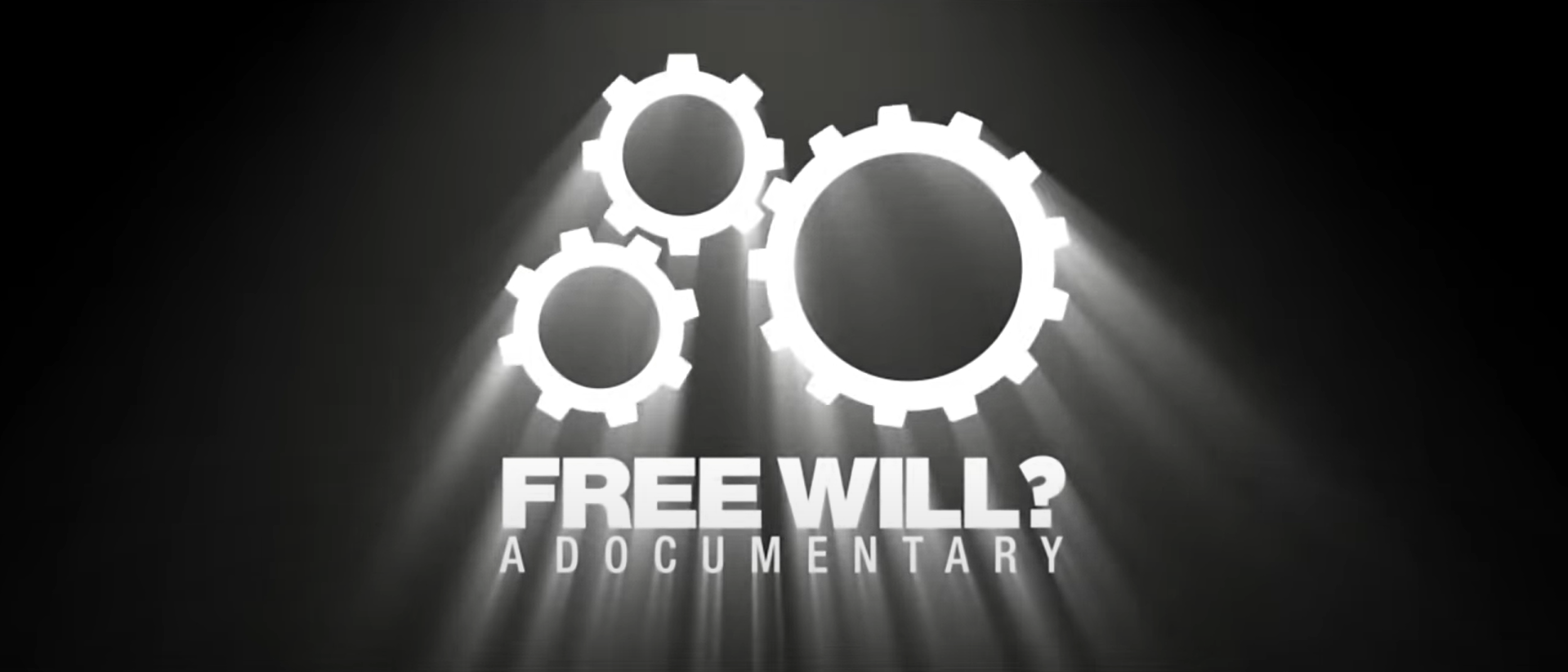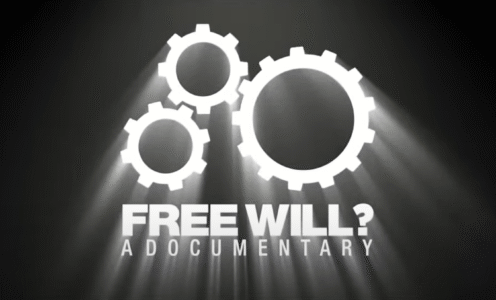is a thought-provoking film that explores one of philosophy’s oldest and most profound questions: Do we have free will? Featuring renowned philosophers and scientists—including Sean Carroll, Daniel Dennett, Jerry Coyne, Heather Berlin, and others—the documentary presents a well-rounded investigation into the free will debate.
The film breaks down the topic across several key chapters:
- Definitions and Interpretations: The documentary begins by examining what “free will” actually means, highlighting the wide variety of definitions. These range from the simple ability to choose otherwise, to more complex ideas involving moral responsibility.
- Philosophical Positions: Three main camps are outlined:
- Libertarianism: Argues that free will and determinism are incompatible, maintaining that humans do possess true freedom.
- Compatibilism: Suggests that free will is possible even in a deterministic universe.
- Skepticism (hard determinism/hard incompatibilism): Denies the existence of free will, regardless of whether the universe is deterministic.
- Science and Free Will: The film explores neuroscience and physics findings, demonstrating how modern science casts doubt on traditional concepts of self-determined choice.
- Real-World Consequences: Beyond theory, the documentary shows how beliefs about free will impact justice, morality, and society at large—including legal systems, notions of guilt and punishment, and interpersonal relations.
One of the film’s central insights is the tension between our subjective feeling of freedom and the objective mechanisms—biological, psychological, and physical—that shape our decisions. Are we truly in control, or is that sense of control an illusion?
In conclusion, “Free Will? A Documentary” reveals how this fundamental question influences our self-image, moral judgments, and societal principles. While the film does not claim to offer a final answer, it provides a comprehensive overview of modern debates and encourages deep reflection on what it means to be free.


